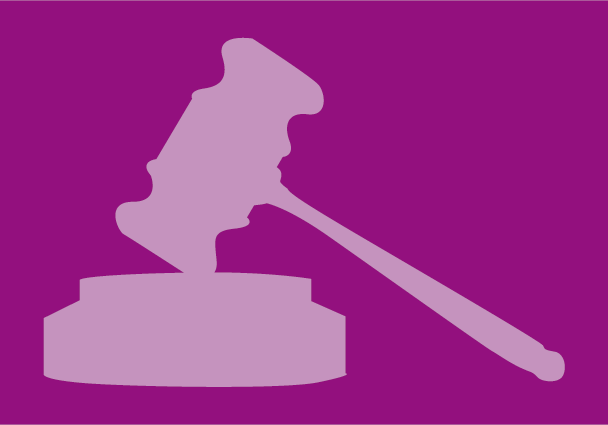The ICJ urges the government and the judiciary of Kenya to implement a package of 42 recommendations to firmly establish the independence of the judiciary and to overcome the legacy of executive dominance over it.
The call came as the ICJ launched the report of a high-level mission that found a government drive against judicial corruption undermined the separation of powers.
“Judicial accountability and judicial independence are twin pillars of a functioning justice system. They are both essential. The government must fight judicial corruption, but not in a way that weakens the justice system as a democratic check and balance. The government’s ‘radical surgery’ has not solved the long-term problem of corruption, but it has reinforced the dominance of the executive over the judiciary”, said Nicholas Howen, ICJ Secretary-General. “We call on the government to strengthen democracy in Kenya by implementing the package of reforms recommended by the high-level mission.”
“It is time to rectify the historical legacy of a judiciary subservient to the executive”, said Philip Kichana, Executive Director of ICJ Kenya. “The Judiciary must take its lawful place as an independent branch of power. The high-level expert mission set clear benchmarks for long-needed reforms, in which the judiciary should not be treated like a department of the executive.”
The ICJ report “Judicial Independence, Corruption and Reform” sets out the 42 findings and recommendations of a high-level mission that visited Kenya in December 2004 led by the Honourable Justice Dr. George W. Kanyeihamba, Justice at the Supreme Court of Uganda. Other members were prominent Nigerian lawyer Clement Nwankwo, Cecilia Jimenez, human rights advocate from the Philippines and Philip Kichana, Executive Director of ICJ Kenya.
Kenya: Judicial Independence, Corruption and Reform [full report, PDF]
Summary and Main Findings [full text, PDF]
Conclusions and Recommendations [full text, PDF]

